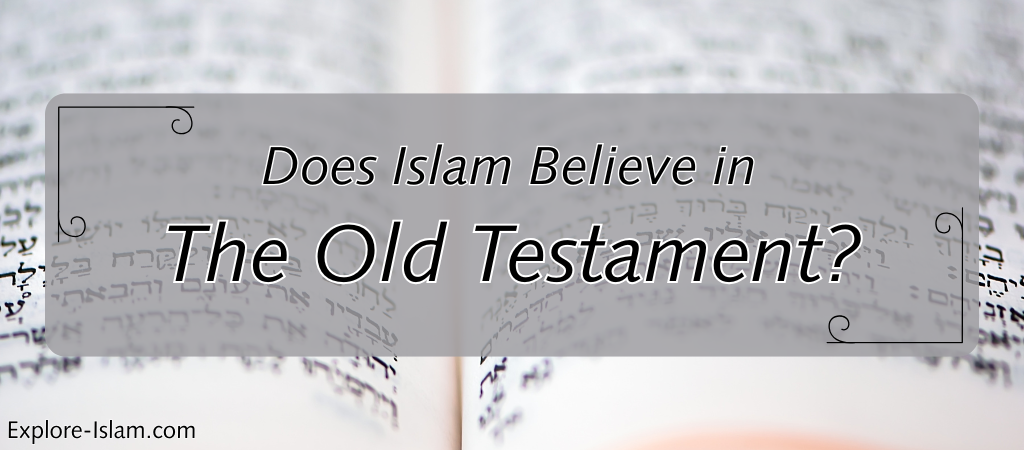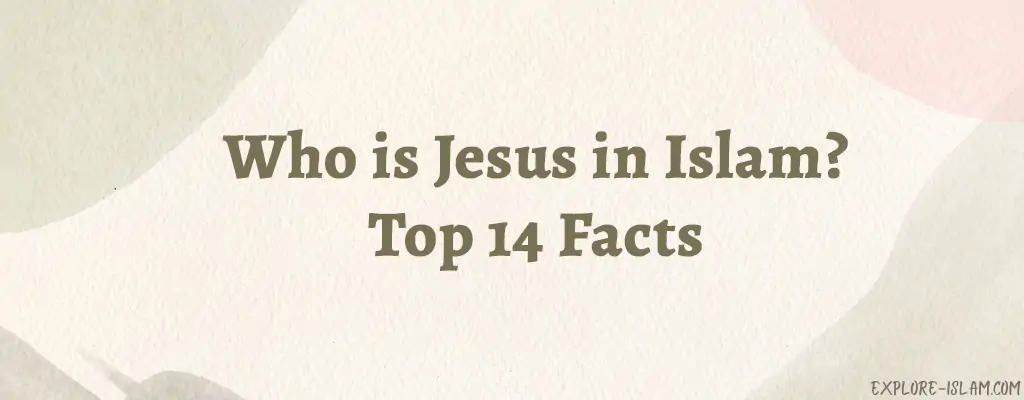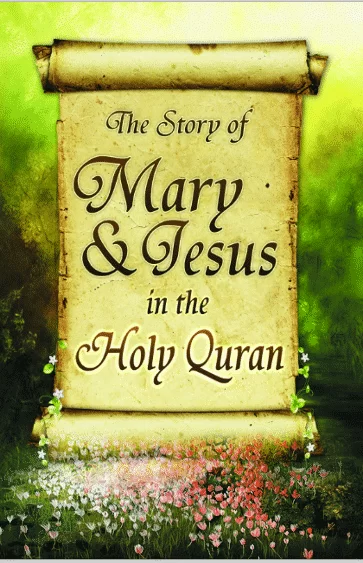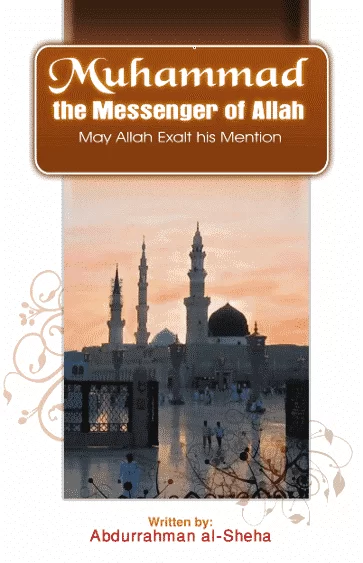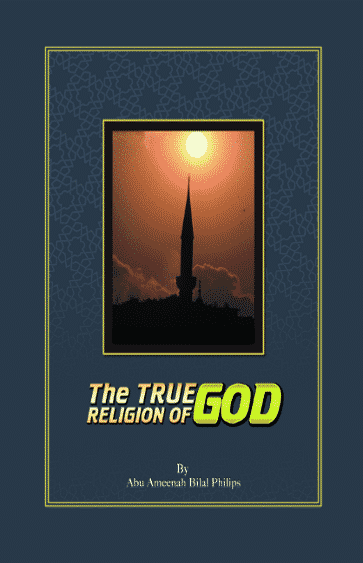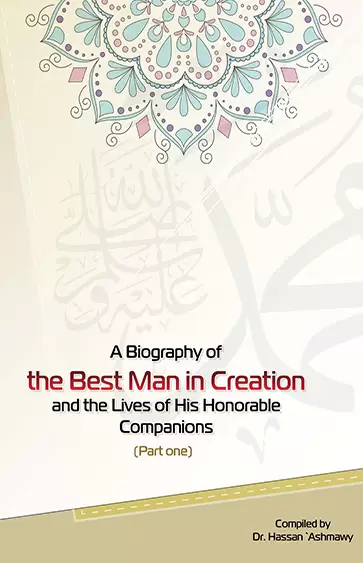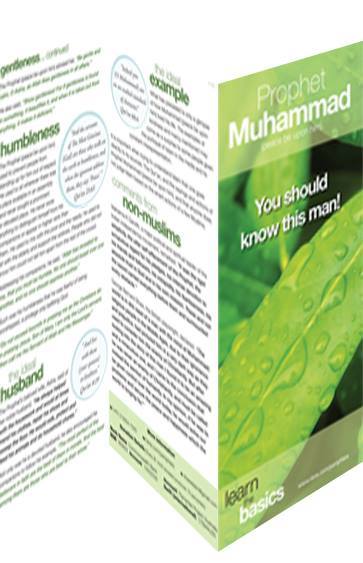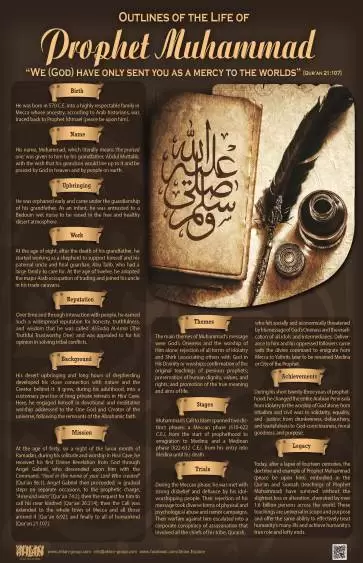Do you wonder, Does Islam believe in the Old Testament? This article delves into the Islamic perspective, clarifying its stance and the reasoning behind it. You’ll also discover how Islam views the People of the Book — Jews and Christians — with real examples that address common concerns. Keep reading to gain a deeper understanding!
Does Islam Believe In The Old Testament?
Islam acknowledges the original Torah revealed to Prophet Moses (PBUH) as a divine book. However, Islam asserts that the current versions of the Old Testament, as known among Christians, and the Tanakh, as recognized by Jews, have been altered.
While fragments of truth remain, they are seen as pointers guiding truth seekers toward the final, preserved revelation — the Quran. Here are key reasons for the Islamic stance on the Old Testament:
1. The Quran and the Old Testament Indicate Alterations
Both the Quran and the Old Testament acknowledge that the scriptures have undergone changes:
A. Evidence from the Quran on Alterations in the Old Testament
Allah affirms in the Quran, the final preserved divine revelation, that He revealed the Torah and commanded the People of the Book — the Jews — to preserve it (translated):
“Indeed, We revealed the Torah, containing guidance and light, by which the prophets, who submitted themselves to Allah, made judgments for the Jews. So too did the rabbis and scholars judge according to Allah’s Book, with which they were entrusted and of which they were made keepers.”
However, the Quran also highlights that they did not preserve their scriptures:
“There are some among them who distort the Book with their tongues to make you think this ˹distortion˺ is from the Book — but it is not what the Book says. They say, ‘It is from Allah’ — but it is not from Allah [Almighty One God]. And ˹so˺ they attribute lies to Allah knowingly.”
[3:78]
Ibn Abbas, a prominent companion of Prophet Muhammad (PBUH) and a renowned scholar in Quranic exegesis, elaborates on the state of the Old Testament urging the muslims not to ask them about anything related to religion:
“Why do you ask the People of the Scripture about anything while your Book (Quran), which has been revealed to Allah’s Messenger (ﷺ), is pure, undistorted, and unchanged? Allah has told you that the People of the Scripture (Jews and Christians) altered and distorted their scriptures and wrote the scripture with their own hands, claiming, ‘It is from Allah,’ to sell it for a small gain. Does not the knowledge that has come to you prevent you from asking them about anything?”
B. Evidence from the Old Testament on Alteration
The Old Testament itself raises concerns about its own preservation:
“How can you say, ‘We are wise, and the law of the Lord is with us’? But behold, the lying pen of the scribes has made it into a lie.”
Thus, the question arises: Would Almighty God leave humanity with an unpreserved scripture and hold them accountable based on it?
Read also:
2. All Previous Divine Books Are Abrogated by the Quran
The Quran is the final message from Almighty God to humanity, serving as a comprehensive guide to the ultimate truth. Out of mercy for humanity, Allah promises to preserve this last revelation, ensuring its purity and authenticity:
“We have revealed to you ˹O Prophet˺ this Book with the truth, as a confirmation of previous Scriptures and a supreme authority over them.”
[5:48]
Therefore, the Quran abrogates all previous scriptures, incorporating the core truths conveyed by earlier divine books and messengers. While the Torah was intended for a specific time and people, it has been superseded by Islam — the final, universal system of life for all of humanity.
Read more:
3. Negative Depictions of God and His Prophets in the Old Testament
The Old Testament contains human insertions that negatively portray Almighty God and His messengers, undermining its credibility as a divine text in its current form. Here are some examples:
A. Depicting God with Human Limitations:
The Old Testament ascribes human weaknesses to God, suggesting He gets tired and needs rest:
“On the seventh day, He rested and was refreshed.”
It also attributes regret and repentance to God:
“It repented me that I have set up Saul to be king, for he is turned back from following me, and hath not performed my commandments.”
B. Depicting Prophets with Immoral Behavior:
- David and Adultery: The Old Testament accuses Prophet David of committing adultery with a soldier’s wife:
“And David sent messengers and took her; and she came to him, and he lay with her.”
- Lut and Incest: It also narrates a story of Prophet Lut engaging in incest with his daughters:
“Thus both the daughters of Lot were with child by their father.”
- Noah and Drunkenness: Prophet Noah is portrayed as getting drunk and exposing himself:
“And he drank of the wine, and was drunk, and was uncovered within his tent.”
Reflect on these depictions, dear reader. Are such attributes befitting of the Creator or His noble Prophets, chosen to guide humanity? These questionable portrayals provide compelling evidence of alterations over time, casting doubt on the current version of the Old Testament.
Read also:
What About Historical and Archaeological Evidence Supporting Old Testament Narratives?
While some historical and archaeological findings align with certain Old Testament narratives, the overall conformity to historical evidence is widely debated among scholars. As William G. Dever, a prominent archaeologist, notes:
“Archaeology as it is practiced today must be able to challenge, as well as confirm, the Bible stories. Some things described there really did happen, but others did not. The biblical narratives about Abraham, Moses, Joshua, and Solomon probably reflect some historical memories of people and places, but the ‘larger-than-life’ portraits of the Bible are unrealistic and contradicted by the archaeological evidence.”
(Biblical Archaeology Review)
Thus, while traces of factual events may exist, the narratives of the Old Testament are often viewed as altered, casting further doubt on its authenticity as a wholly preserved divine text.
Read also:
Islam Respects the People of the Book Despite the Belief in Alteration
The Islamic belief in the alteration of previous divine scriptures does not imply disrespect toward those who follow them. Instead, Islam distinguishes between pagans who do not adhere to any divine scripture and the People of the Book (Jews and Christians), who were given earlier revelations. Here are some examples:
- Freedom to Govern According to Their Books:
Under Islamic rule, the People of the Book are permitted to govern themselves according to their scriptures, maintaining their legal systems. - Rejoicing in the Victory of the Romans:
When the Romans, who were Christians, triumphed over the Persians, who were fire-worshippers, Muslims expressed joy over the Romans’ victory, as they were closer in faith. - Permissibility of Food:
Islam allows Muslims to consume the meat of animals slaughtered by the People of the Book, unlike the meat from pagan sources.
Thus, while Islam asserts the alteration of previous scriptures, it maintains respect and specific rulings for those who follow them.
Conclusion
In conclusion, Islam believes in the original Torah revealed to Prophet Moses (PBUH), not the current Old Testament, which includes alterations as indicated in both the Quran and the Old Testament itself. Despite this stance, Islam maintains a respectful position toward the People of the Book, distinguishing them from pagans and encouraging Muslims to invite them to the ultimate truth with kindness and wisdom:
“Do not argue with the People of the Book unless gracefully, except with those of them who act wrongfully. And say, ‘We believe in what has been revealed to us and what was revealed to you.’”
[29:46]
Curious to learn more about Islamic beliefs and why it’s the fastest-growing religion in the West? Explore the related articles below or reach out to our team for further insights!

